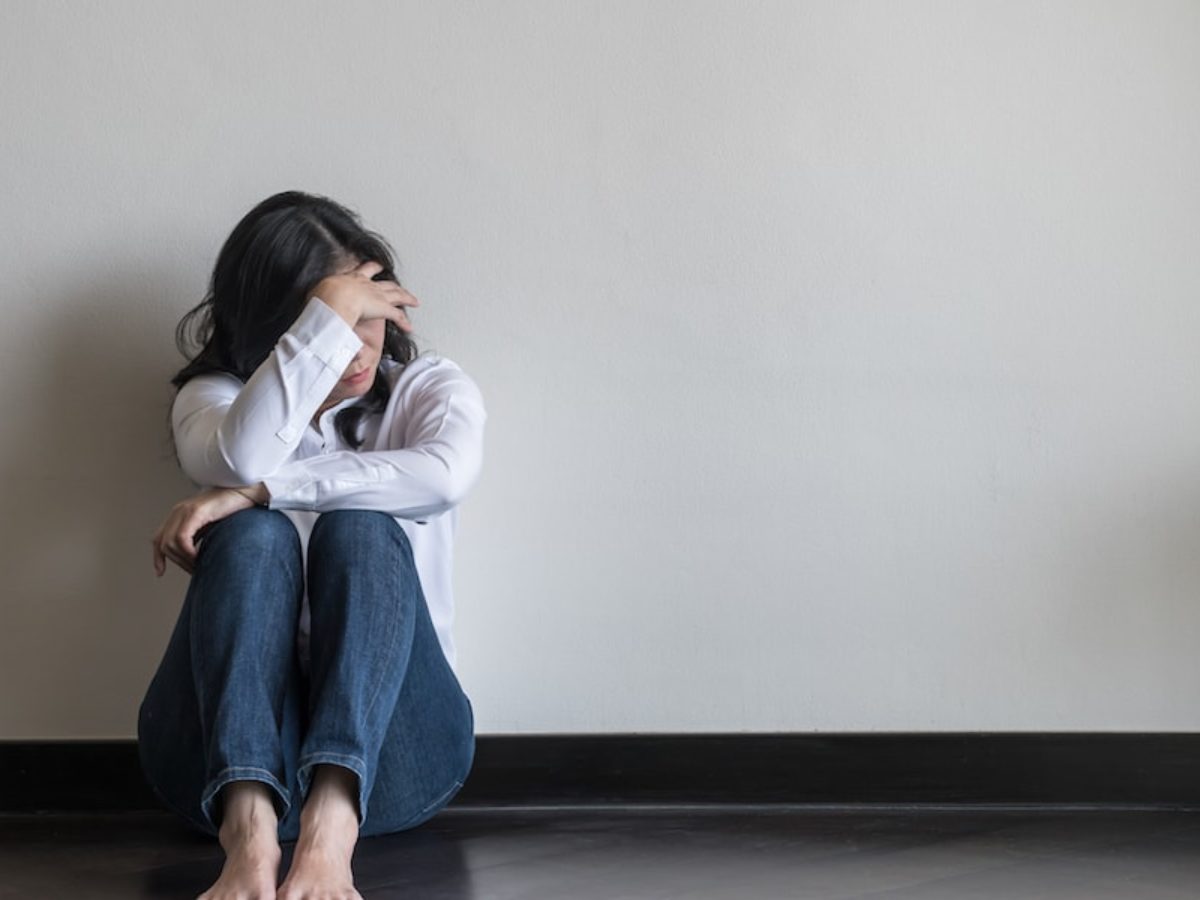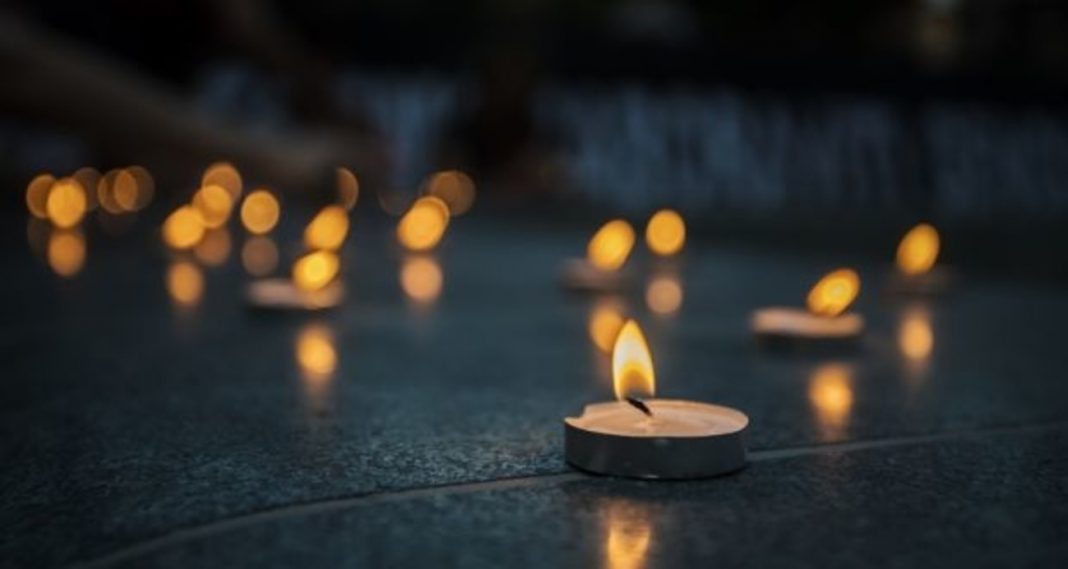Hello, everyone. Just like a rollercoaster ride life has its ups and downs, but having too much of downtime and grief does not mean that your life chapters have ended, there will definitely be a time when you get an up phase that is the good chapter will arrive. One bad chapter does not mean the end of the story, never lose your rationality and logic. Also, read about mental health.
Grief is a natural response to the loss of anything. It’s the emotional suffering you feel when something or someone you love is taken away. Often, the pain of loss can feel overwhelming. You may experience all kinds of difficult and unexpected emotions, from shock or anger to disbelief, guilt, and profound sadness. The pain of grief can also disrupt your physical health, making it difficult to sleep, eat, or even think straight.
How to cope up with grief and loss during a lifetime?
Coping with the loss of someone or something you love is one of life’s biggest challenges. It can be the loss of simply anything mentioned below:
- Divorce or relationship breakup
- Loss of health
- Losing a job
- Loss of financial stability
- A miscarriage
- Retirement
- Death of a pet
- Loss of a cherished dream
- A loved one’s serious illness
- Loss of a friendship
- Loss of safety after a trauma
- Selling the family home
- Losing a thing you are attached to etc.
Whatever your loss, it’s personal to you, so don’t feel ashamed about how you feel, or believe that it’s somehow only appropriate to grieve for certain things.

How to deal with the grieving process
While grieving a loss is an unavoidable part of life, there are ways to help cope with the pain, come to terms with your grief, and eventually, find a way to pick up the pieces and move on with your life, and have a better future.
- Acknowledge your pain.
- Accept that grief can trigger many different and unexpected emotions.
- Understand that your grieving process will be unique to you.
- Seek out face-to-face support from people who care about you.
- Support yourself emotionally by taking care of yourself physically.
- Recognize the difference between grief and depression.
How to Cope up with the loss? (When you are willing to)
- Face your feelings.
- Express your feelings in a tangible or creative way.
- Try to maintain your hobbies and interests.
- Don’t tell or force yourself how to feel.
- Plan ahead for grief “triggers.”
- Look after your physical health.
- Talk to a therapist or grief counselor.
- Draw comfort from your faith
- Turn to friends and family members.

The difference between grief and depression
Distinguishing between grief and clinical depression isn’t always that easy as they share many same symptoms, but there are many ways to tell the difference. Remember, grief can be a roller coaster. It involves a wide variety of emotions and a mix of good and bad days.
Even when you’re in the middle of the grieving process, you will still have moments of pleasure or happiness. With depression, on the other hand, the feelings of emptiness and despair are constant there.
Other symptoms that suggest depression, not just grief, include:
- An intense, pervasive sense of guilt
- Thoughts of suicide or a preoccupation with dying
- Feelings of hopelessness or worthlessness
- Slow speech and body movements
- Inability to function at home, work, and/or school
- Seeing or hearing things that aren’t there

When to seek professional help for grief
If you’re experiencing symptoms of complicated grief or clinical depression regularly, talk to a mental health professional right away. If it is Left untreated, complicated grief and depression can lead to significant damage mentally and physically, life-threatening health problems, and even suicide. But treatment can help you get better and improve upon several aspects.
Contact a grief counselor or professional therapist if you:
- Feel like life isn’t worth living
- Wish you had died with your loved one
- Blame yourself for the loss or for failing to prevent it
- Feel numb and disconnected from others for more than a few weeks
- Are having difficulty trusting others since your loss
- Are unable to perform your normal daily activities.
Thanks for reading How to cope up with grief and loss during a lifetime! Visit Femalaya.com for more.




